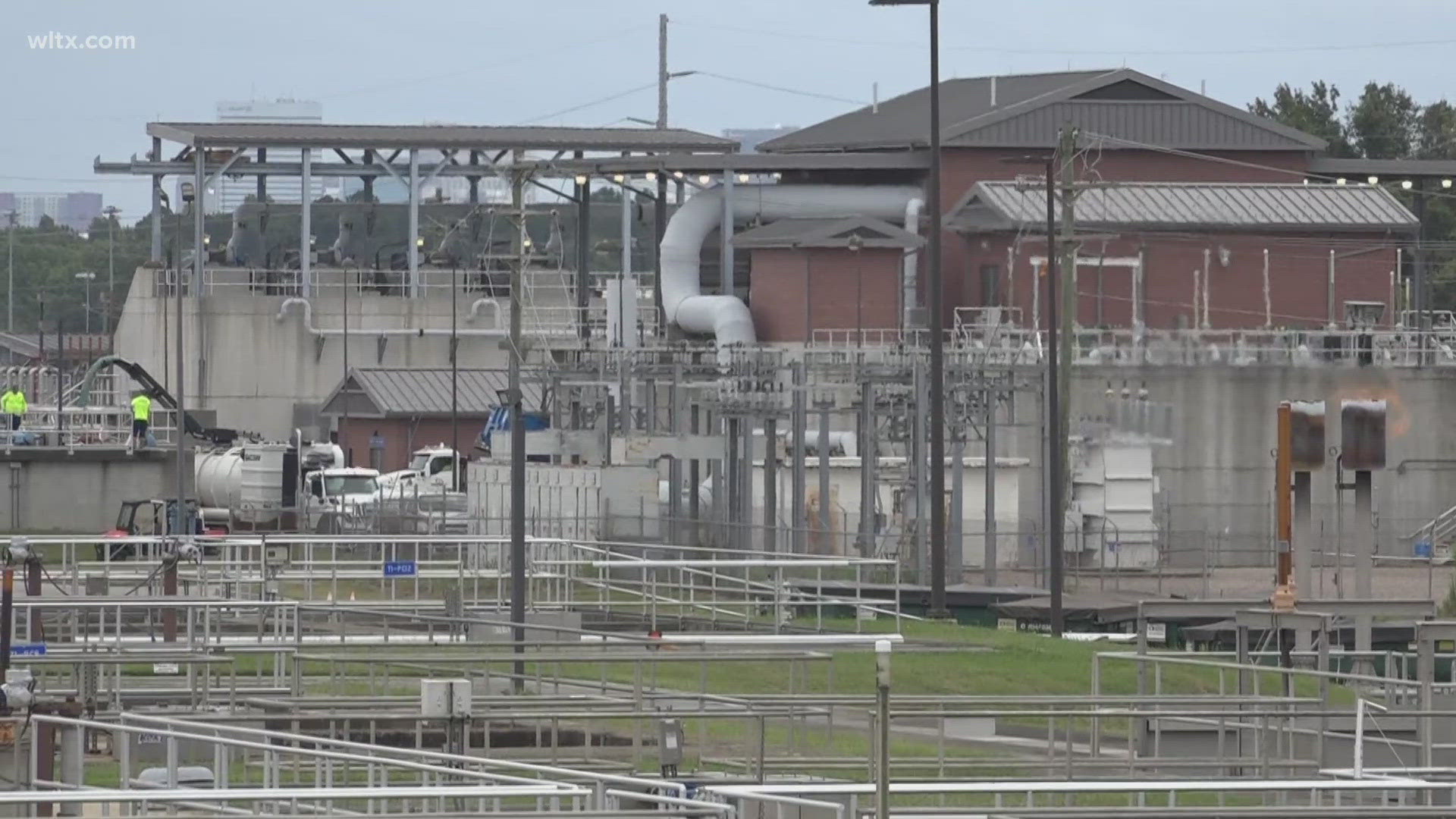COLUMBIA, S.C. — The U.S. Environmental Protection Agency (EPA) has awarded the Central Midlands Council of Governments (COG) a grant worth $8.7 million to fight climate pollution.
The grant is part of a nationwide effort, with the Central Midlands Council of Governments being one of only 25 applicants selected out of 300.
Advocating for the grant was 6th District Congressman Jim Clyburn, who expressed his support at a press event Monday morning at Columbia's Metro Wastewater Treatment Plant.
"Climate change ain't no hoax," Clyburn told the crowd. He emphasized the importance of the EPA's efforts, adding, "That's what makes us great. When faults pop up in our system, we need to sit down and work to repair those faults."
Those 'faults' Clyburn alluded to pointed to climate change as a critical issue. Stressing that the grant will help address the region's environmental challenges.
Jeaneanne Gettle, Acting Administrator for EPA’s Region 4, echoed Clyburn’s sentiments, calling the funding "unprecedented."
"It's the only time we've had this kind of funding before," Gettle said. "The EPA's Climate Pollution Reduction Grants represent, not just a funding opportunity, but a commitment to a sustainable future."
She noted that the $5 billion allocated for climate pollution reduction was made possible by the Inflation Reduction Act.
The funds will support roughly 15 projects across the Midlands, including a solar farm at the Metro Wastewater Treatment Plant, according to Columbia Mayor Daniel Rickenmann.
“For the last five years, we’ve been pushing forward, trying to get a solar project out here,” Rickenmann said. “Between this grant, the direct pay, and other resources now, we’re going to have an impact here.”
Rickenmann emphasized that reducing energy consumption at the wastewater treatment plant, the city’s largest energy user, is a major step forward.
“This is only the beginning,” Rickenmann added, highlighting plans to leverage the Midlands’ natural assets for more sustainable practices. “It’s not just about power usage, it’s about quality of life, it’s about health.”
He pointed to future initiatives like tree canopies, smart surfaces, and reflective roofing as opportunities to improve the environment and health of residents.
Projects funded by the EPA’s grant are said to begin in 2025, with all funds required to be used by the end of 2029.

